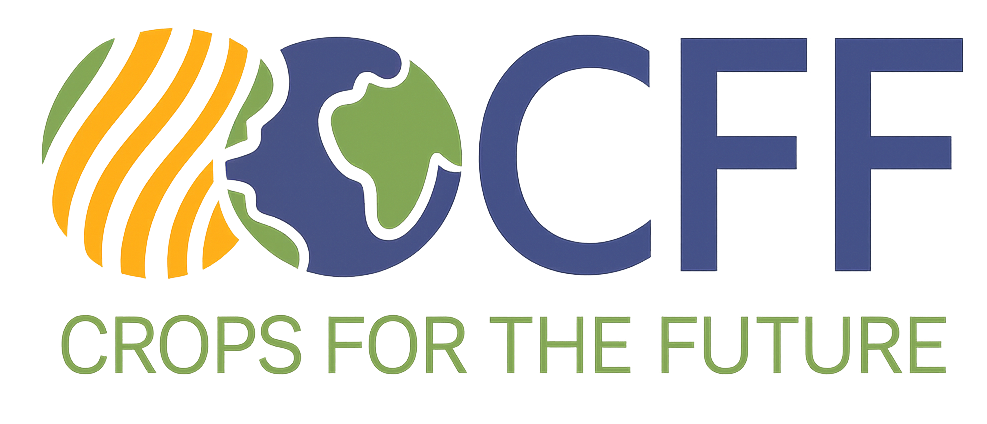A thought-provoking article from BBC Future explores the critical role that 'forgotten' or underutilised crops could play in shaping the future of global food supplies. The piece highlights that while just four crops—wheat, maize, rice, and soybean—provide two-thirds of the world's food, thousands of other crops farmed for centuries are being ignored.

The article features the work of Crops For the Future (CFF), a global research centre, and its then CEO, Professor Sayed Azam-Ali. CFF has been at the forefront of researching and promoting these alternative crops, such as kedondong (a crunchy, tart berry), spindly moringa trees, and cream-coloured bambara groundnuts.
"We're dependent on these four [major crops]. But actually there's 7,000 crops we've been farming for thousands of years. We ignore all of those." - Professor Sayed Azam-Ali, quoted in BBC Future.
The quest to revive these crops is timely. The global food sector is a significant contributor to greenhouse gas emissions, and with a projected global population of 10 billion by 2050, the world needs to produce 50% more food. Forgotten crops offer a path to reduce reliance on imported, carbon-heavy supply chains and bolster food security against climate change, as many are climate-resilient and highly nutritious.

Professor Azam-Ali encountered the potential of alternative crops in the 1980s with women farmers in Niger. Despite initial resistance, CFF has worked to prove the viability and marketability of these crops. Food technologist Tan Xin Lin, for example, develops modern recipes using ingredients like moringa and bambara groundnut to create appealing products, from instant soup to Italian biscotti and Indian murukku, countering perceptions of these foods as inferior or outdated.
The article notes the success of quinoa as an example of how a once little-known crop can gain global popularity. CFF's research also focuses on the nutritional value of these crops, especially as rising CO2 levels can strip major crops of minerals. Studying how alternative crops perform under higher temperatures and CO2 levels is a key part of ensuring they are healthy options for future climates.

Despite growing momentum, challenges remain, including the global spread of Western-style diets and the difficulty of persuading private-sector investors. CFF's strategy includes engaging people with their own food heritage through initiatives like the Forgotten Foods Network, launched by HRH Prince Charles, to collect and preserve disappearing recipes and knowledge.
"These forgotten foods are in all of our family histories. If we don't store the knowledge, that's 10,000 years of history, gone in one generation." - Professor Sayed Azam-Ali.
The BBC Future article underscores that dietary diversification is critical, and as climate change impacts staple crop yields, turning to forgotten crops may become not just an option, but a necessity.
